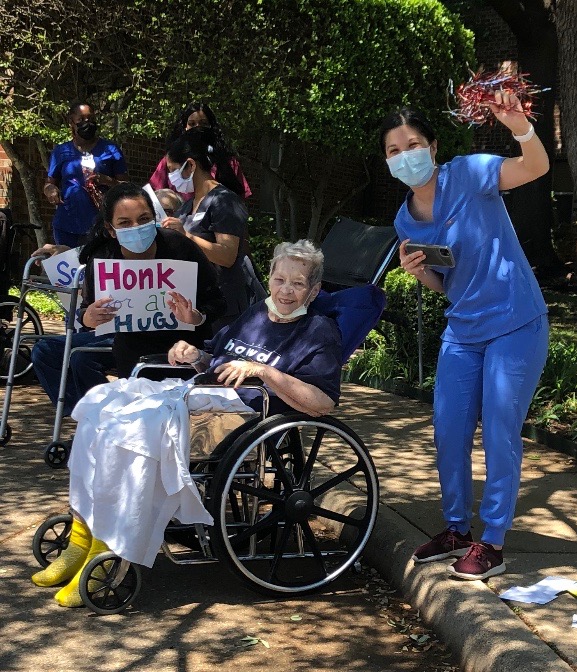In the July 17th MLN Matters Special Edition Article, Medicare Fee-for Service (FFS) Response to the Public Health Emergency on the Coronavirus (COVID-19), CMS provided updates on both diagnostic testing and SNF benefit period waiver.
Medicare Coverage of COVID-19 Testing for Nursing Home Residents and Patients
CMS instructed Medicare Administrative Contractors and notified Medicare Advantage plans to cover coronavirus disease 2019 (COVID-19) laboratory tests for nursing home residents and patients.
Starting on July 6, 2020, and for the duration of the public health emergency, consistent with sections listed in the CDC guidelines titled, “Interim SARS-CoV-2 Testing Guidelines for Nursing Home Residents and Healthcare Personnel,” original Medicare and Medicare Advantage plans cover diagnostic COVID-19 lab tests.
Diagnostic Testing
- Testing residents with signs or symptoms of COVID-19
- Testing asymptomatic residents with known or suspected exposure to an individual infected with SARS-CoV-2, including close and expanded contacts (e.g., there is an outbreak in the facility)
- Initial (baseline) testing of asymptomatic residents without known or suspected exposure to an individual infected with SARS-CoV-2 as part of the recommended reopening process
- Testing to determine resolution of infection
Original Medicare and Medicare Advantage Plans don’t cover non-diagnostic tests.
Skilled Nursing Facility (SNF) Benefit Period Waiver – Provider Information
In the MLN Medicare Fee-For-Service (FFS) Response to the Public Health Emergency on the Coronavirus (COVID-19) article, CMS provided clarification in three areas on the SNF Benefit period waiver:
- The waiver authorizes a one-time renewal of benefits for an additional 100 days of Part A SNF coverage without first having to start a new benefit period (this waiver will apply only for those beneficiaries who have been delayed or prevented by the emergency itself from commencing or completing the process of ending their current benefit period and renewing their SNF benefits that would have occurred under normal circumstances).
- Beneficiaries who exhaust their SNF benefits can receive a renewal of SNF benefits under the waiver except in one particular scenario: that is, those beneficiaries who are receiving ongoing skilled care in a SNF that is unrelated to the emergency, as discussed in the article.
- To bill for the benefit period waiver: submit a final discharge claim on day 101 with patient status 01, discharge to home and readmit the beneficiary to start the benefit period waiver.
For more information, CLICK HERE.























